ERNEST E. JUST
Week of August 14-20
August 14
1862—President Abraham Lincoln (for the first time) meets with a group of prominent Blacks to discuss the Civil War and public policy. But before the meeting was over, he would anger those gathered. Although an outspoken opponent of the expansion of slavery, Lincoln suggested that it would be best for America and Blacks if African Americans were to emigrate to Africa or Central America. Nevertheless, a Littlemore than a month later on Sept. 22 he would issue the Emancipation Proclamation technically freeing all slaves in the rebellious Southern states.
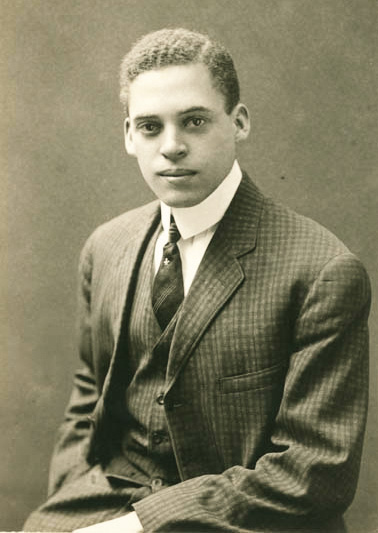
1883—Ernest E. Just is born in Charleston, S.C. Just would become one of the nation’s most prominent biologists conducting pioneering research in cell division. He graduated Magna Cum Laude from Dartmouth University in 1907 and would go on to establish the Zoology Department at Howard University in Washington, D.C. Just would die in 1941.
1959—Modern basketball legend Earvin “Magic” Johnson is born on this day in Lansing, Mich.
August 15
1975—In another of those highly publicized “trials of the century,” which frequently grip national attention, 20-year-old Joann Little is found not guilty of murder after she stabbed a White jailer who had entered her cell in Beaufort County, N.C., to sexually assault her. The trial had been moved to Raleigh because of widespread racial prejudice in the Eastern North Carolina area where the incident actually took place.
1979—President Jimmy Carter forces the resignation of United Nations Ambassador Andrew Young after he angered Jewish groups by meeting with representatives of the Palestine Liberation Organization. The resignation created stormy relations between Blacks and the generally uncompromising pro-Israel lobby in the United States.

August 16
1922—Author and investigative reporter Louis E. Lomax is born in Valdosta, Ga. Little is known today, but in the 1960s Lomax was one of the most prominent Black journalists in America. He was renowned for his coverage of the Civil Rights Movement and his investigative reporting. He died mysteriously in an automobile accident near Santa Rosa, New Mexico, on July 30, 1970. One urban legend is that his car was forced off the road by persons working for the FBI because he was completing a book which would show that the assassination of civil rights icon Dr. Martin Luther King Jr. was part of a government plot. This urban legend is often repeated, but there has been little concrete evidence offered to support it. Lomax’ best known books are “Negro Revolt” and “To Kill a Black Man.”
August 17
1887—Black separatist and Pan-Africanist Marcus Garvey is born on this day in St. Ann’s Bay, Jamaica. Garvey advocated Black pride and the building of Black institutions. He founded the Universal Negro Improvement Association in 1914 and with amazingly rapid speed built it into the largest independent Black organization in history with 1,100 branches in more than 40 countries. He came to the U.S. in 1916 and the FBI began keeping a file on him in 1919. By 1923 he was indicted on what many considered trumped up mail fraud charges and eventually deported from his U.S. base in 1927. Garvey would die in England on June 10, 1940. But years before his death, he predicted his return, writing, “Look for me in the whirlwind or the storm, look for me all around you, with God’s grace, I shall come and bring with me countless millions…to aid you in the fight for liberty, freedom and life.”
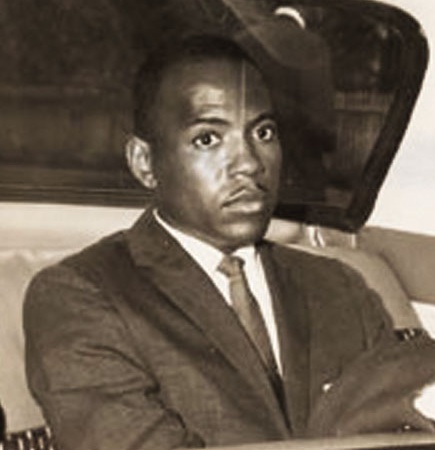
August 18
1963—The first Black person admitted to the University of Mississippi, James Meredith, graduates on this day in 1963. His graduation was unmarred by the protests and violence which marked his federally forced entry into the once segregated institution.
1964—White-ruled South Africa is officially banned from competing in the Olympics because of its system of racial oppression known as Apartheid. The country’s Black majority would not achieve democratic rule, however, until May 1994 when the Nelson Mandela-led African National Congress won more than two-thirds of the vote in the country’s first free elections.
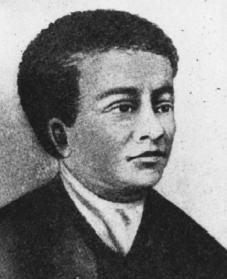
August 19
1791—Benjamin Banneker writes a letter to Secretary of State (later president) Thomas Jefferson denouncing slavery. In his letter, Banneker declared, “I freely and cheerfully acknowledge that I am of the African race” and then precedes to label America’s recently achieved freedom from England a “hypocrisy” as long as Blacks continued to suffer under “groaning captivity and cruel oppression.” Banneker was a Black activist against slavery even though he is generally recognized for his mathematical achievements, designing one of the first clocks made in America and laying out the nation’s capital after Pierre L’Enfant abandoned the job.
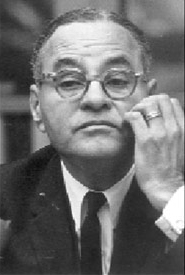
1954—African American diplomat Ralph Bunch is named Undersecretary of the United Nations. Bunch had already received the Nobel Peace Prize (1950) for his work as a U.N. negotiator during the Arab-Israeli war of 1948-1949. Bunch would later become U.N. Secretary General. He was born in Detroit but raised in Los Angeles.
August 20
1619—This is the most probable date that Black History in America begins. Approximately 20 Africans (the records of the day referred to them as “20 and odd Negras”) arrived in Jamestown, Va., aboard a Dutch ship. It appears the Africans were sold as indentured servants who could work and earn their freedom. Little is known about the group except that the Dutch had stolen them from a Spanish slave ship which was probably headed for the Caribbean or South America. Few names survive. But one of the men was called Anthony (or Antonio) and one of the women was called Isabella. The available records indicate the ship arrived in Jamestown in the latter part of August. Other records and some speculation have led most historians to believe the actual arrival date was Aug. 20, 1619—the beginning of Black history in America.
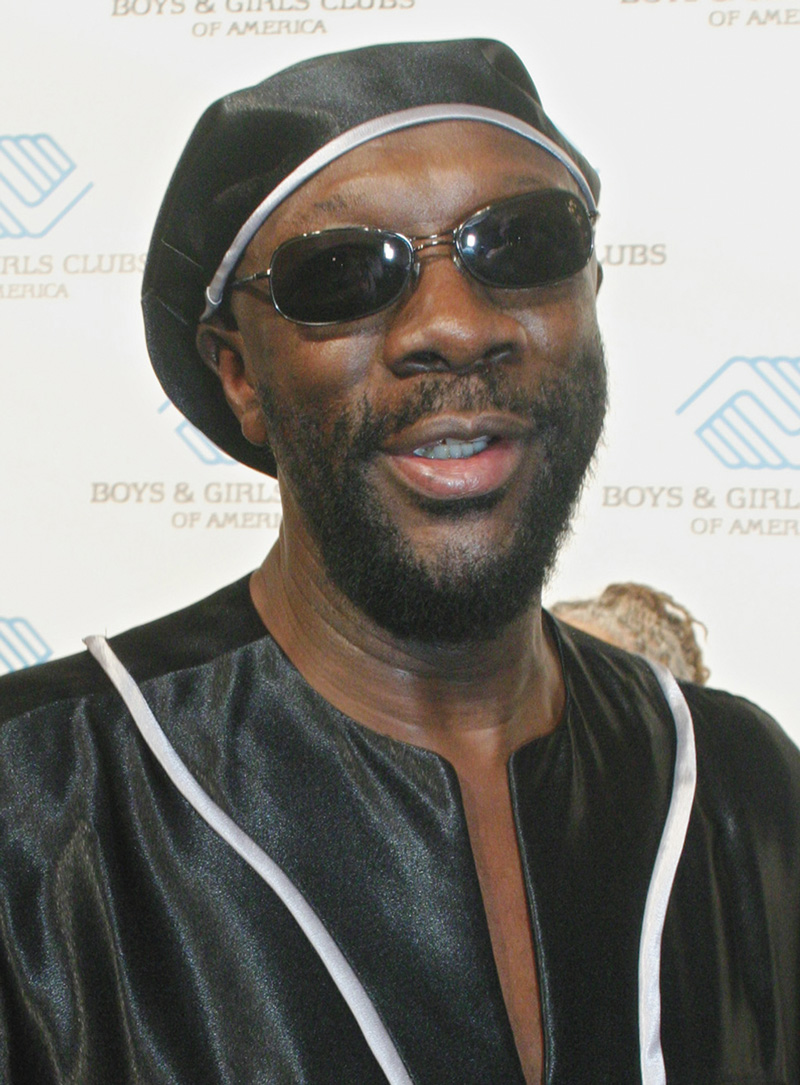
1830—The first National Negro Convention is held. It takes place in Philadelphia and is chaired by Richard Allen, founder of the African Methodist Episcopal Church. Top on the agenda of the gathering was what could free Blacks do to help bring an end to slavery.
1942—Musician, composer, singer, songwriter Isaac Hayes is born on this day in Covington, Tenn.
Like us at https://www.facebook.com/pages/New-Pittsburgh-Courier/143866755628836?ref=hl
Follow @NewPghCourier on Twitter https://twitter.com/NewPghCourier